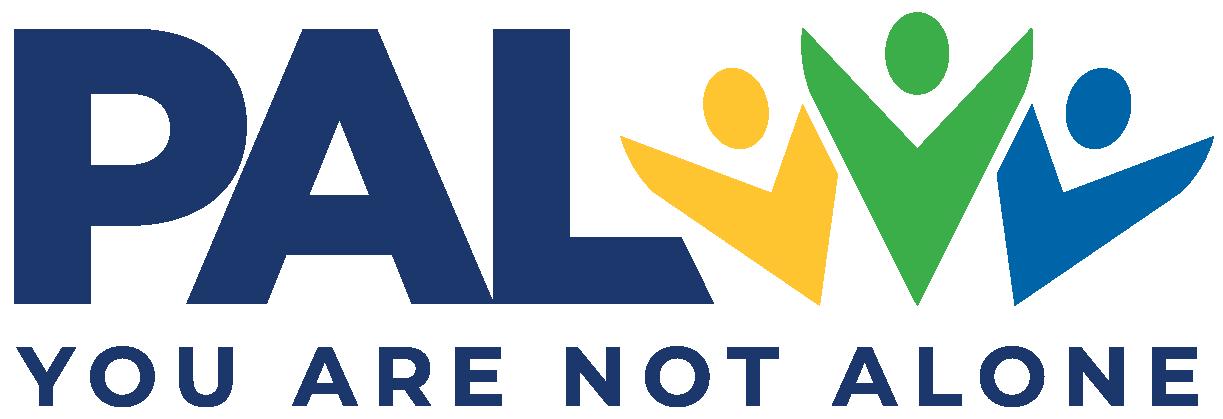
One thing we all hope for and want to see in our loved ones is long term recovery. Two questions I have been asked many times by both family members and those that are in treatment are: how long will this take and what can I expect? I have identified what I call the four T’s of a high-quality recovery program.
When I was working directly with individuals in recovery, I would look for signs of their commitment to the process. For example, are they just a good talker? A good actor? Are they doing the work necessary for a high-quality recovery program after rehab, or just going through the motions and heading toward relapse? If you have a strong recovery program, how long before you can reasonably conclude they are on the road to achieving a successful life and a long recovery? Although there are no absolute answers, there are some guidelines and key things to look for. It is important to note that this is to help you be more certain of progress, NOT to criticize the program the person may be involved in and/or a guarantee of success.
So, what I am looking for? I’m looking for the four T’s: Team, Tools, Time and Trust
Team: I look for who they are choosing to spend their time with and learn from. For example, are they learning from counselors, treatment professionals and peers in recovery? Are they engaged in a support program such as AA or something similar and surrounding themselves with a team that can support their recovery? Or are they going back to old habits and old relationships where their issues with substances began? It is important to see a focus on learning from those that are in the best position to help us: a good team surrounding them.
In addition to a good team surrounding our loved one, are they learning new Tools to help in their long-term recovery? These new tools are the life skills that will help when faced with issues in life, so they are not resorting to mind altering substances to cope. Are we seeing better decision making and reliance on professionals to help guide their journey in recovery? Are we seeing them take responsibility for their actions and showing more patience and tolerance and an ability to control anger? Are they showing gratitude and not making excuses for poor behavior? Do we see them asking for help sooner than they did in the past and practicing honesty? These are all good indicators that they are learning new tools to help them in their journey.
The next T to look for is Time. Are they practicing the new life-skills tools as noted above, and, if so, how long will it probably take to build a solid foundation of recovery, one strong enough to continue building upon for the rest of their life? We can reasonably assume this will not happen overnight, and although cliché, it is going to essentially take “as long as it takes.” The answer depends on how long their history with substance misuse was, at what age they started and what life skills they may have missed out on during that time. When we see them looking for the shortest way to recovery or wanting to jump right back into life and not listening to the professionals, we can look at this as a sign that they have more to learn about the time it will take for the long term, quality recovery we know they want.
Last, we look for Trust. Are we seeing trust in themselves, and trust in others such as professionals in the treatment and recovery field? Are they focused on rebuilding trust with their family and friends or are they focused on being a victim and still blaming others for what has happened? Trust is not talk – this is based on what we see, not what we hear. Trust takes time and work, and family and friends are likely reluctant to want to trust right away based on past experiences.
Because the four T’s build upon each other, we want to look at all four. They’re all good indicators as to whether or not our loved one is on the road to long term recovery. As a reminder, this is not something you can fix or orchestrate or manipulate, this is something you can observe and be aware of. These concepts are likely the same things they are told in a good treatment program. This is something they will need to embrace.
Hopefully this is helpful to you as you see your loved one enter recovery and start down this road. Being educated can help us be prepared for what may happen and to continue to be the encourager that we all can be.
God Bless,
Mike Speakman, LISAC, PAL Founder
